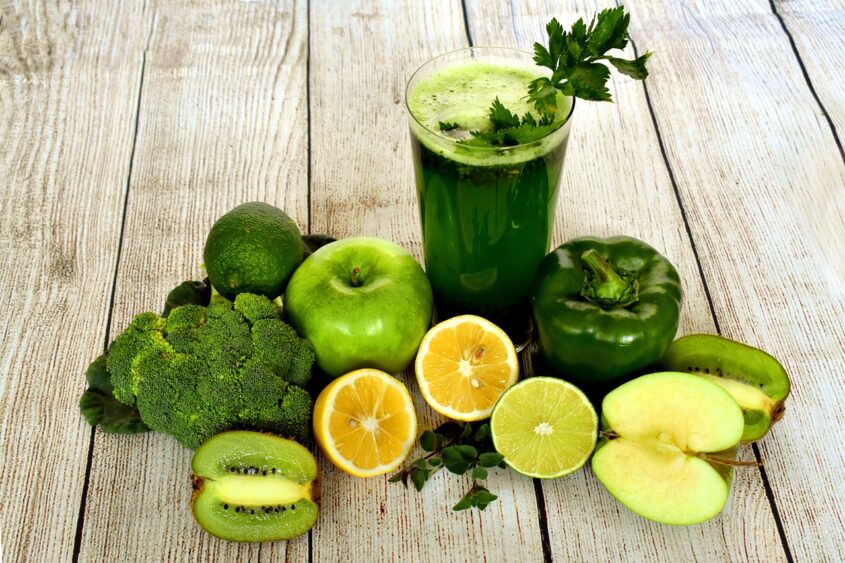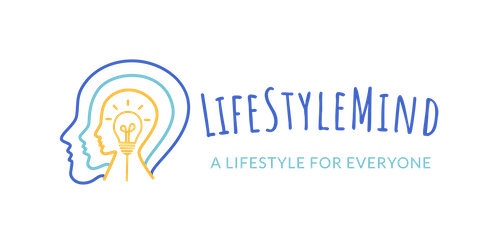The best tips for transitioning to a vegan lifestyle

Adopting a vegan lifestyle is a significant decision that can have a positive impact on your health, the environment and animal welfare. However, transitioning to a vegan lifestyle can be challenging for many people; fortunately, with the right guidance and preparation, the process can become more manageable and enjoyable.
In this article, we will explore the essential tips to help you successfully transition to a vegan lifestyle, but first, let’s explore together what it means to be vegan and how to best prepare for this healthy journey.
How do I start off being vegan?
Transitioning to a vegan diet can be challenging for beginners; the key to a successful start lies in thoughtful planning, education and a gradual approach.
We will provide a beginner’s guide on how to start off being vegan:
- Educate yourself: before diving into a vegan lifestyle, take the time to educate yourself about the principles and benefits of veganism. Understand the ethical, environmental and health reasons behind this choice; learn about essential nutrients, food sources, and potential challenges to ensure a well-balanced vegan diet
- Transition gradually: instead of an abrupt dietary shift, consider transitioning gradually. Start by incorporating more plant-based meals into your diet and gradually phasing out animal products; this approach allows your taste buds and body to adapt, making the transition smoother and more sustainable
- Explore plant-based alternatives: discover the wide range of delicious plant-based alternatives available. Experiment with plant-based milks, tofu, tempeh, seitan, and a variety of legumes, grains, and vegetables. These alternatives provide essential nutrients and can be used as substitutes in your favorite recipes
- Plan your meals: planning your meals in advance helps ensure a nutritious and satisfying vegan diet. Create a weekly meal plan, make a shopping list, and stock up on vegan ingredients. Explore vegan cookbooks, websites, and social media platforms for recipe ideas and inspiration
- Focus on whole foods: emphasize whole foods in your diet, such as fruits, vegetables, whole grains, legumes, nuts, and seeds. These nutrient-dense foods provide essential vitamins, minerals, and fiber. Experiment with different cooking methods and flavors to keep your meals exciting
- Find support: seek support from like-minded individuals, whether through local vegan groups, online communities, or social media platforms. Connecting with others on a similar journey can provide valuable advice, recipe recommendations, and a sense of community
- Be mindful of nutrient: while a well-planned vegan diet can meet all your nutritional needs, it’s important to be mindful of certain nutrients, such as vitamin B12, iron, calcium, and omega-3 fatty acids. Incorporate fortified foods or consider supplements if necessary. Consulting a registered dietitian can offer personalized guidance.
And you, what are you waiting for to try the vegan diet? Discover with us how to do it and what happens to your body when you start a similar diet.
What happens to your body when you first go vegan?
When you first go vegan, your body undergoes several changes as it adjusts to the new diet. Here are some common effects that may occur during the initial phase of transitioning to a vegan lifestyle:
- Increased fiber intake: plant-based diets tend to be higher in fiber, which can lead to increased bowel movements and improved digestive health. Initially, you may experience some changes in bowel patterns, such as more frequent or looser stools
- Weight changes: many people experience weight changes when transitioning to a vegan diet. Some may notice weight loss due to the reduced intake of high-calorie animal products and the focus on nutrient-dense plant foods. However, weight gain is also possible if you rely heavily on processed vegan foods that are high in refined carbohydrates and fats
- Increased energy: plant-based diets are typically rich in complex carbohydrates, which provide sustained energy. You may feel a surge of increased energy levels as your body adjusts to this nutrient-dense way of eating
- Nutrient adaptation: your body may go through a period of adaptation as it adjusts to obtaining nutrients from plant-based sources. For example, plant-based iron (non-heme iron) is not as readily absorbed as iron from animal products (heme iron). However, the body can adapt and become more efficient at absorbing non-heme iron when consumed with vitamin C-rich foods. It’s important to pay attention to essential nutrients like iron, calcium, vitamin B12, and omega-3 fatty acids and ensure you’re getting an adequate intake through a well-planned vegan diet or supplements if needed
- Improved digestion and gut health: plant-based diets are rich in prebiotic fiber, which supports the growth of beneficial gut bacteria. This can lead to improved digestion, better gut health, and a strengthened immune system over time. Initially, you may experience some bloating or gas as your gut microbiota adjusts to the increased fiber intake, but this usually resolves as your body adapts.
It’s important to note that individual experiences may vary and it may take time for your body to fully adapt to a vegan diet.
If you have any concerns or experience persistent symptoms, it’s advisable to consult with a healthcare professional, who can provide personalized guidance and ensure you’re meeting your nutritional needs.

What is vegan face?
The term “vegan face” does not have a specific or recognized meaning in relation to veganism or the vegan lifestyle; it is possible that it may be a term used informally or within certain online communities, but it is not a widely recognized concept or term within the vegan community or scientific literature.
In general, when people refer to “vegan face,” they may be discussing the perceived effects of a vegan diet on the appearance of the skin; a well-balanced vegan diet, rich in fruits, vegetables, whole grains and plant-based proteins, can provide essential nutrients that support healthy skin. These nutrients include vitamins A, C, and E, as well as antioxidants and phytochemicals that promote skin health.
However, it is important to note that the appearance of the skin is influenced by various factors, including genetics, overall health, skincare routines, and environmental factors. While a vegan diet can contribute to overall health and potentially improve skin quality, it does not guarantee a specific “vegan face” appearance.
Maintaining good skincare practices, staying hydrated, protecting the skin from sun damage and following a balanced diet that meets all nutritional needs are important for promoting healthy skin, regardless of whether one follows a vegan or non-vegan lifestyle.
If you have specific concerns about your skin or are seeking advice on skincare, it is recommended to consult with a dermatologist or skincare professional who can provide personalized guidance based on your individual needs.
Being vegan today
In recent years, veganism has gained significant traction and emerged as a mainstream lifestyle choice; with growing awareness about animal welfare, environmental concerns and personal health, more people are embracing a vegan lifestyle today.
The relevance of being vegan has never been more important as we face global challenges and seek sustainable solutions.

Body:
- Ethical considerations: being vegan is primarily driven by a commitment to reducing animal suffering. Today, more individuals are recognizing the moral implications of exploiting animals for food, clothing, or entertainment. By choosing a vegan lifestyle, individuals actively contribute to the compassionate treatment of animals and foster a more ethical world.
- Environmental impact: the environmental consequences of animal agriculture are well-documented; the meat and dairy industry significantly contribute to deforestation, greenhouse gas emissions, water pollution, and depletion of natural resources. As concerns about climate change and environmental degradation intensify, adopting a vegan lifestyle is a powerful way to reduce our ecological footprint and promote sustainability
- Health benefits: a well-planned vegan diet can offer numerous health benefits; studies have shown that plant-based diets rich in fruits, vegetables, whole grains, and legumes can lower the risk of chronic diseases like heart disease, obesity, and certain types of cancer. With the rise of lifestyle-related health issues, embracing a vegan lifestyle can be a proactive step towards improving personal well-being
- Accessibility and diversity: being vegan today is more accessible than ever before. The market has responded to the growing demand for plant-based options, providing a wide range of vegan alternatives to meat, dairy, eggs, and other animal-based products. Restaurants, supermarkets, and online platforms offer a variety of delicious and convenient vegan choices, making it easier for individuals to transition and sustain a vegan lifestyle.
In conclusion…
Transitioning to a vegan lifestyle is an exciting and transformative journey. By educating yourself, taking gradual steps, exploring new foods, planning your meals, connecting with the vegan community, being mindful of your nutritional needs and embracing mistakes, you can smoothly transition to a vegan lifestyle and reap the many benefits it offers.
Remember, your transition is unique, and with persistence, patience, and an open mind, you’ll find joy and fulfillment in embracing a compassionate and sustainable way of living.



